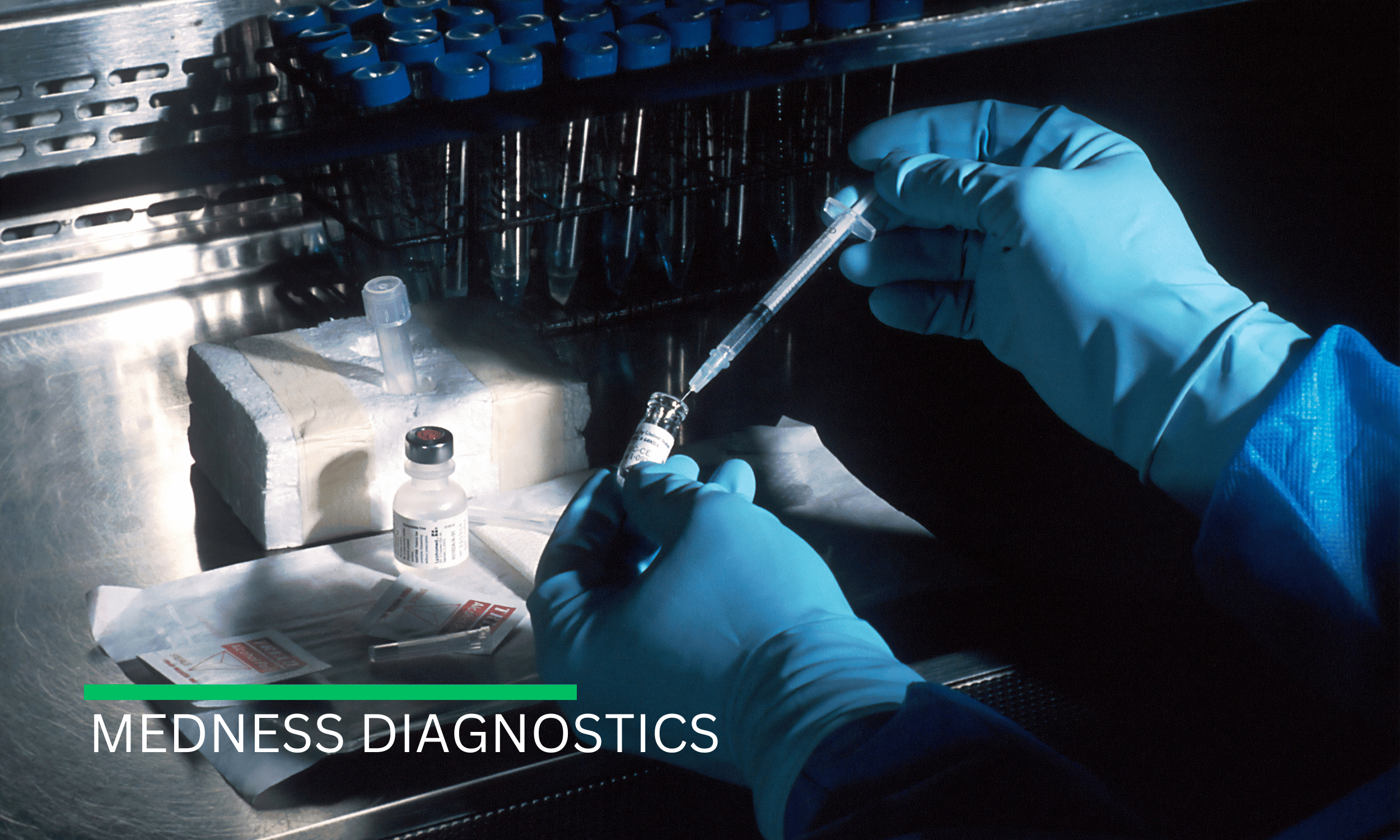Cancer treatment experienced a seismic shift in the 2010s with the rise of personalized precision medicine. Cofounded in Silicon Valley by entrepreneur Helmy Eltoukhy with fellow Stanford and Illumina alum AmirAli Talasaz in 2012, Guardant Health has been at the forefront of developing liquid biopsy technology for cancer diagnosis. Guardant aimed to provide non-invasive approaches to detect genomic changes guiding treatment selection and monitor response. Guardant assertively patented techniques around specialized methods to scan billions of cfDNA fragments for key mutations and amplify scarce tumor-derived signals, and swiftly emerged as a torchbearer in innovation.
An initial narrow focus on the tumor profiling and therapy guidance segment of cancer diagnostics spectrum allowed Guardant to achieve rapid and efficient method development. In 2014, the company introduced Guardant360, a pivotal development that profiles critical genomic alterations, enabling informed treatment decisions for advanced cancers. The initial hurdle was substantiating Guardant360’s clinical value to drive its adoption. Through retrospective analyses and prospective trials, conducted in collaboration with multiple biopharma entities and renowned cancer centers, Guardant effectively showcased the potential of liquid biopsy to complement or replace tissue-based sequencing across major cancer types such as lung, breast, and colon.
Guardant360 secured crucial FDA approvals from 2017 to 2019, leading to the launch of Guardant360CDx—an FDA-approved companion diagnostic for targeted therapies across an expanding array of solid tumor conditions. This method employs next-generation sequencing to detect genomic alterations (SNVs, indels, fusions, CNAs) in ctDNA across a panel of cancer-associated genes and continues to accrue FDA approvals and European CE marks. Guardant still offers the LDT version of the test, targeting a more extensive biomarker panel than CDx. The landmark companion diagnostic clearances coincided with Guardant’s IPO in 2018. While its valuation surpassed $10 billion in 2021 before moderating, its present market capitalization of nearly $4 billion underscores its enduring significance in the liquid biopsy domain. In late 2022, reimbursement reached a pivotal milestone with crucial Medicare coverage decisions endorsing the use of Guardant360 for targeted therapy guidance in advanced cancers.
Expanding its reach along the cancer diagnostics continuum, Guardant introduced Guardant Reveal, a ctDNA sequencing-based liquid biopsy for MRD monitoring following surgery and therapy. Initially accessible for colorectal cancer, it has extended its applicability to breast and lung cancers and is available as an LDT. The Reveal broadens Guardant’s scope, assessing epigenetic alterations in addition to mutation analysis. Guardant’s portfolio also features Guardant360 Response, a liquid biopsy for treatment response assessment. Guardant contributes to accelerating research and development of the next generation of cancer therapeutics with tailored biopharma partner solutions. These offerings encompass liquid biopsies like GuardantOMNI and GuardantINFINITY covering a much broader range of genes and events than its clinical tests. Complementing these resources are the Guardant Galaxy suite of advanced AI analytics and GuardantINFORM, a database of longitudinal clinical information and genomic data from its tests.
Having accomplished milestones in tumor profiling and MRD monitoring, Guardant has embarked on a pioneering screening paradigm. Its LUNAR program endeavors to detect cancer signals in asymptomatic individuals through methylation patterns and mutation signatures, targeting over 50 cancer types. The Guardant Shield test emerged from the program in 2022 as an LDT screen for early colorectal cancer detection. The ECLIPSE, SHIELD, and ALMANAC studies currently drive rigorous analyses of the effectiveness of its liquid biopsies for early cancer detection. With ongoing PMA submissions to the FDA and bolstered by positive reports from various studies in 2023, Guardant’s future holds great promise of early cancer detection success.




